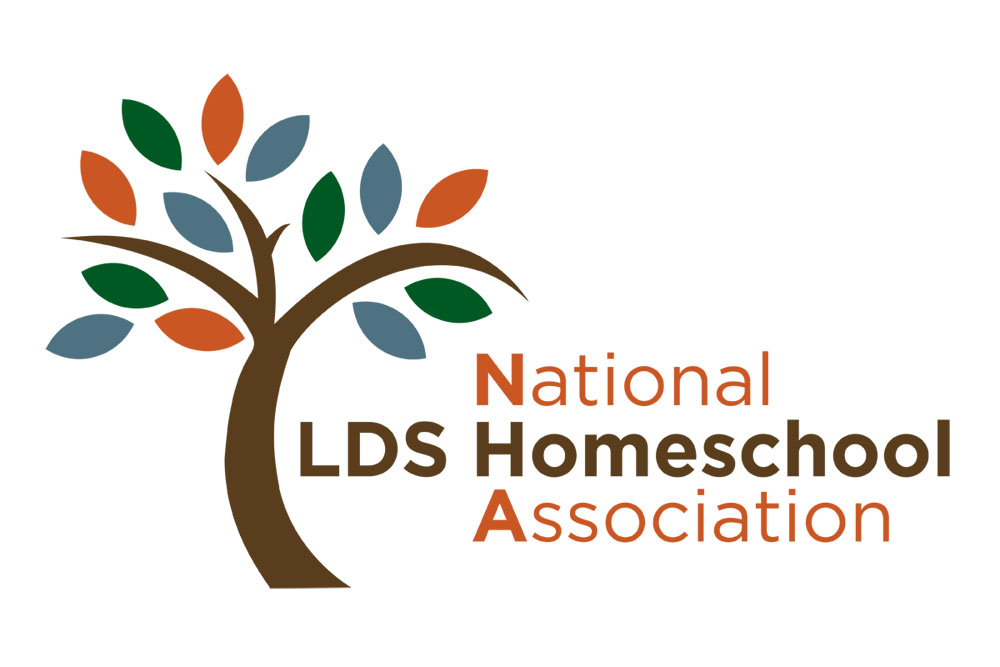If you want to ruffle feathers, just mention that you “homeschool!” Anyone who has considered homeschooling out loud, or gotten started, or even those who have been doing it for years, are most certainly acquainted with the oppositional reactions, comments and questions coming from non-homeschoolers. “But, what about socialization?...
Read MoreBut What About Socialization?
"What about Socialization?" If you are homeschooling, you have likely been asked this question a hundred times over. It seems to be the number one argument against homechooling. I will admit that when I began to consider homeschooling it was up there on the list of concerns for me.
Read MoreMe, Myself and I
Well, now that I have been homeschooling a while I no longer worry about my kids getting too used to the same teacher day after day. Surprisingly, my children are experiencing a rich variety of teaching personalities right here at home.
Read MoreSocialization Happens at Home - By Marisa Corless
(From 2007)
I recently was asked on an email list that I belong to the age-old question, "But what about socialization?" I have heard it many times when I mention that we homeschool. The question of concern is never “What about education?” The question is always about socialization. As I have reflected and continue to reflect on this question and what it means and why I am not worried about socialization, a few things have occurred to me.
My idea of socialization is the ability to interact and "socialize" with people of all races, ages, creeds, and industries as well as the ability to work out and resolve conflict. Thus, socialization occurs at the grocery store, at the library, at the restaurant, at church, in an enrichment class I might put my child in like art or music or drama or soccer, at homeschool group activities like park days and field trips, but most of all, socialization occurs at home.
Today I took my kids to Jump Planet, which is a large warehouse of bounce houses. There were many kids running around. I watched as my son, who is four and a half, herded, protected, and played with his almost three-year-old sister. He climbed to the tops of slides and waited for her, encouraging her, and cheering her progress. When they got to the top of the slide, he would take her hand, or in one instance he scooped her onto his lap (he is only about eight pounds heavier and eight inches taller than she is) before sliding down. As they walked around the place he talked to her, asking her where she wanted to go and making sure she was safe. My heart melted as I watched him put his arm around her and help her get to the next place they were going. In the parking lot as I carried library books and my four- month-old baby, my son grabbed his sister’s hand and made sure she got to the other side of the driveway safely. Furthermore, it is not uncommon for him to hold doors open for me, and after I have walked through to continue to hold the door open for anyone else that may be behind me waiting to enter the building. By being homeschooled, my son is learning manners, service, and courtesy. He is learning compassion for others.
My daughter is also becoming a socialized person. By being at home my daughter is learning how to be a mother and help her baby sister. She practices with her dolls and is frequently found carefully putting her baby in a sling, nursing, or borrowing her sister’s swing, into which she carefully buckles her doll. She learns how to ask her brother for the things she needs or wants. She learns how to use her words and to negotiate and compromise. Both of my older children are learning patience because I am not able to always attend to them when I am attending to the baby. On top of all this, my children learn to resolve conflicts, respect differing opinions, and are developing eternal relationships.
I have watched many homeschooled children at park days and field trips and other get-togethers. I have seen first hand that they exhibit the characteristics of a socialized person to a greater degree at a younger age than do their traditionally schooled peers. I have seen that rather than seeking out only same aged peers, these children seek out friends in the crowd. They look out for one another, they love one another, and they respect one another. As a result, I don't worry about socialization anymore and I strive to show people that socialization really isn’t a concern with homeschooling.

